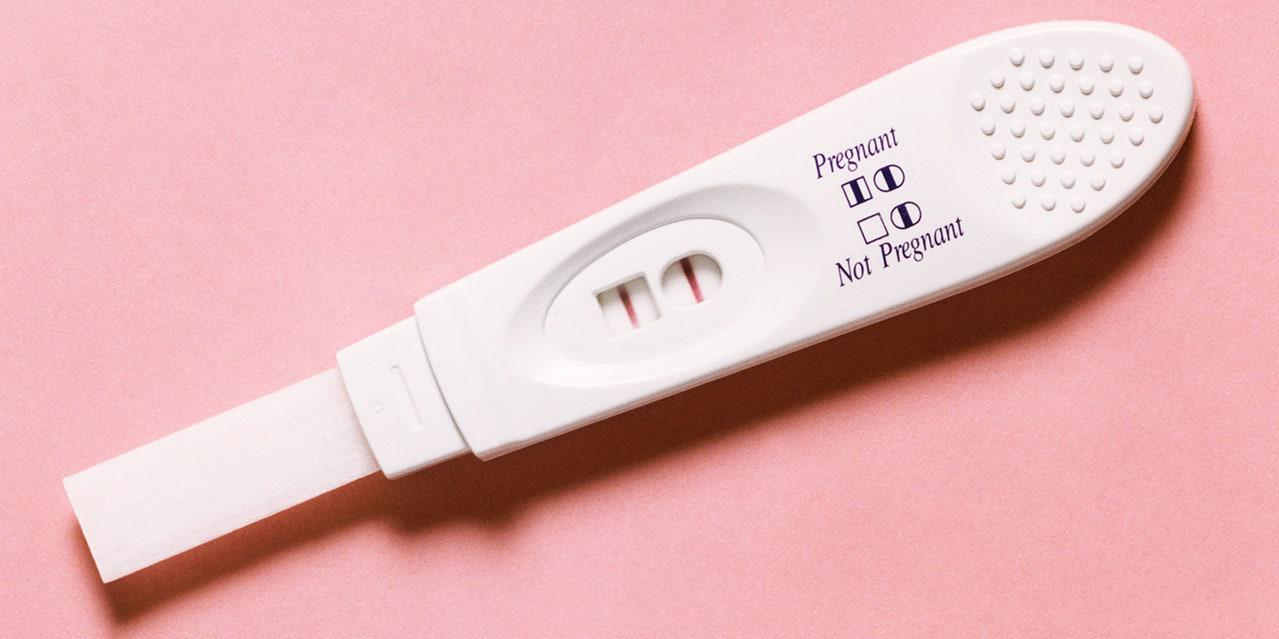Everything You Need To Know About The Abortion Pill
- Written by NewsCo

Medical abortion is another name for taking the abortion pill. Medical and surgical abortions are the two primary forms of getting a procedure like that. While a medical abortion is widely referred to as "the abortion pill," it actually entails administering two different forms of pills. These pills can end a pregnancy, as opposed to Plan B or also known as the "morning-after pill," which is used to avoid pregnancy. These drugs are available from physicians and hospitals that perform these types of procedures.
A lot of women, when they want to terminate their pregnancy choose to take pills. But, you shouldn’t do this based on what you read online. You need to visit a medical professional to provide you with all the answers you need. Plus, you need to know everything there is to know about medical abortion before you actually do it. Check out this link to find out more https://www.cosmopolitan.com/sex-love/advice/a4289/abortion-pill/.
Who is eligible to take it?
The pill is available to women who are less than 10 weeks pregnant. Patients who want to end their pregnancy after 10 weeks may have a surgical abortion.
Pre-existing medical problems can prevent women from using the abortion pill. Women who are unable to take the pill include those who refuse to have an aspiration (surgical abortion) unless the pill is ineffective, those who have an ectopic pregnancy or a mass on their ovaries, those on long-term corticosteroids, female patients with specific genetic diseases, those who are unable to understand the steps or how to follow the instructions, and those who may not have an abortion.
What do I do before taking the pill?
You'll consult with a medical professional, nurse, or the health center staff before taking the abortion pill to discuss whether this is the best choice for you and what your choices are. You'll get a physical exam and lab examinations, as well as an ultrasound to determine how far along you are in your pregnancy.
If you need to do something else to plan for your abortion, your doctor or nurse will tell you. You will be given clear instructions on how to take your pills. You'll have access to a caring specialist throughout the process, and you'll be given a phone number to call 24 hours a day, 7 days a week if you've any problems or doubts.
Moreover, after you take the second drug, you'll experience a lot of blood and cramping, so prepare ahead to make the experience more comfortable. You can relax at home, or wherever is most convenient for you. You should also have somebody you trust with you (or close by) who you can call for help if you need it.
To pass the time, load up on maxi pads, books, snacks, movies, or something else you enjoy, as well as a heat pack for cramps. Ensure you have pain medication on hand, but avoid medication because it can cause you to bleed even more. Read more on this page.
What happens once you take it?
To decide how far along you are, your doctor will offer you a pregnancy test and, in some jurisdictions, a mandatory ultrasound. Your doctor will give you clear instructions about how to administer the pills.
Since swallowing the first pill, mifepristone, most people don't have any side effects. Still, it's not uncommon to feel sick or start bleeding. The pill can cause a great deal of bleeding and stomach cramps within one to three hours of taking the very first dose because its role is to trigger the uterine lining to shed. Some people say the cramping feels "like regular menstrual cramps," and they don't have any bleeding. Still, you might feel nauseous and have a lot of cramping and bleeding (think, soaking through a maxi pad).
Blood clots or big clumps of tissue or are not uncommon after taking the pill. The bleeding should stop after a few hours, usually four to five, but it might take longer. Cramping will last for a day or three and will gradually become less intense. The doctor can prescribe an anti-nausea drug, or you can take ibuprofen if you're experiencing pain or nausea. However, aspirin, a blood thinner that can cause further bleeding, should not be taken.
After the abortion, bleeding and spotting can last for two to three weeks. Your doctor will schedule a follow-up appointment with you, during which you will receive a blood test and probably another ultrasound to ensure that the abortion was successful and that you are safe. Make sure to visit your doctor for follow-up appointments because you need to ensure that everything went smoothly and that you are in perfect health.
What are the pill's side effects?
The majority of people equate the sensation of a drug abortion to that of an early miscarriage, which means that the main physical symptoms are bleeding and stomach cramps. However, vomiting, nausea, diarrhea, lightheadedness, fatigue, and a moderate fever of up to 100 degrees are some of the other side effects.
If you develop a temperature higher than that after taking misoprostol, contact your doctor right away. For a drug abortion, the risk of infection is very low but not zero. If you have an infection, your doctor may prescribe antibiotics. You can discover a lot of helpful information about the abortion pill online so you can become more prepared. The more you know, the better. But don’t solemnly rely on the internet for info.
Is it safe to take the pill?
As per the Guttmacher Institute, only about 0.4 percent of women who have drug abortions need to be admitted to the hospital due to significant side effects such as infection or hemorrhage. Continued bleeding or the discovery that you're still carrying (or that you've retained any pregnancy tissue) are the most common negative outcomes. If the abortion fails, you can choose between taking more drugs or getting an abortion in a clinic.






